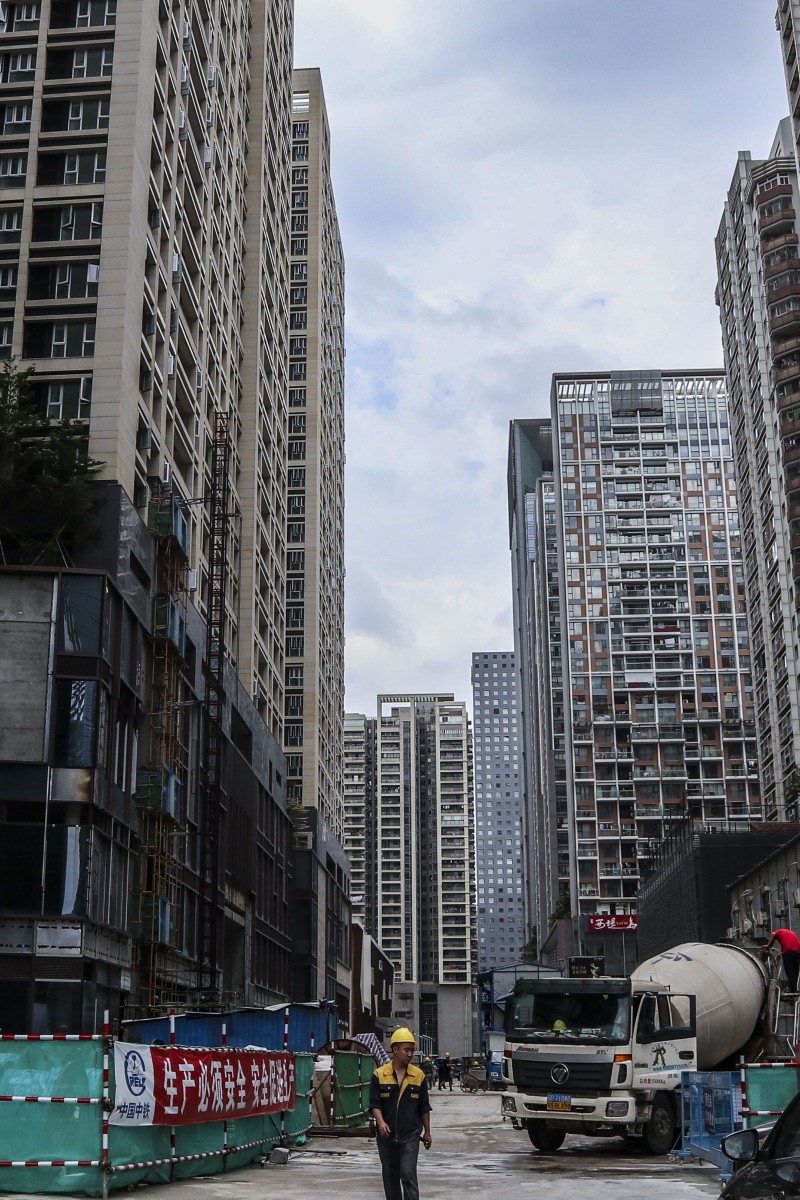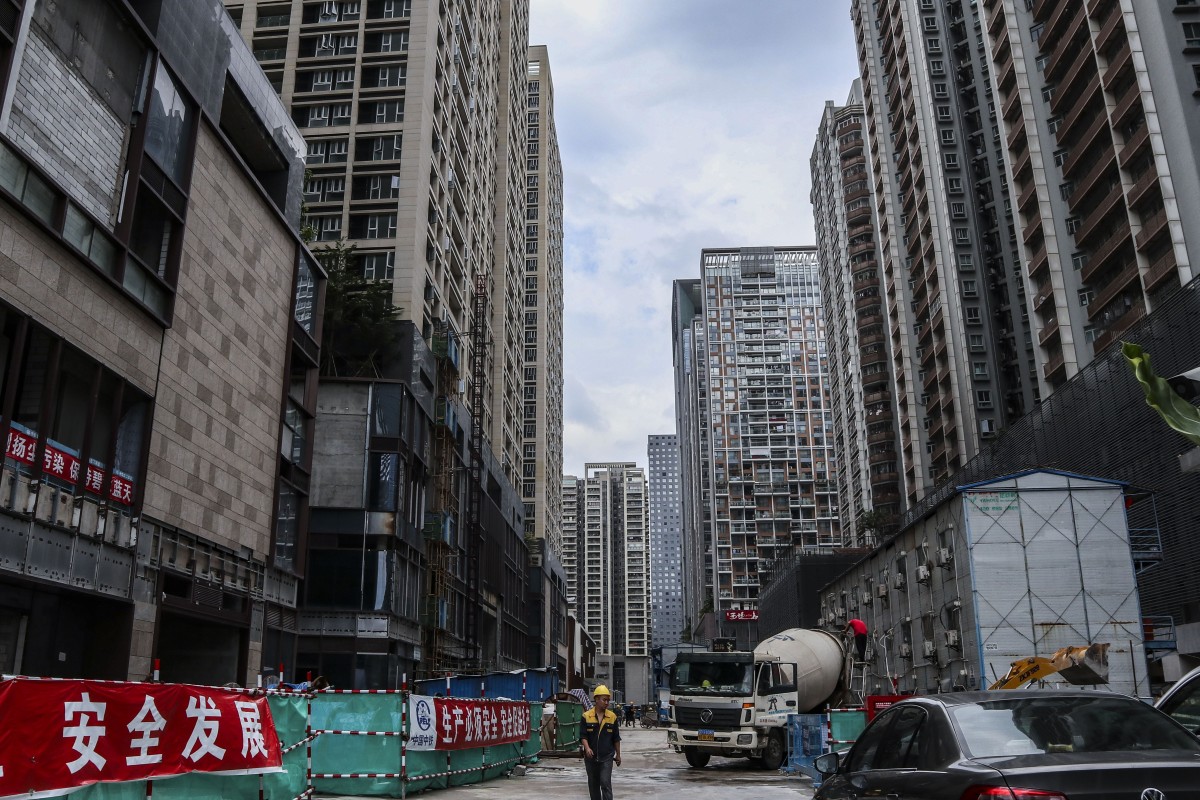
Hong Kong students on whether affordable 'youth housing villages' on the mainland for young Hongkongers is a good idea
A local political party wants to build affordable housing for young Hongkongers over the border
 The BPA called upon the governments of Hong Kong and Beijing to give people incentives to work on the mainland.
The BPA called upon the governments of Hong Kong and Beijing to give people incentives to work on the mainland. A local pro-business political party has suggested building “youth housing villages” on the mainland to create more opportunities for young Hongkongers. Some young people in the city, however, aren’t convinced by the idea.
The manifesto, which was released on Wednesday by the Business and Professionals Alliance for Hong Kong (BPA), called upon the governments of Hong Kong and Beijing to give young Hongkongers incentives to work on the mainland, and to strengthen ties between Hong Kong and the “Greater Bay Area” – Shenzhen, Guangzhou, Foshan , and Zhuhai. As well as building affordable housing, the BPA called upon the central government to reform e-commerce and banking services on the mainland to make it easier for Hongkongers to spend money.
Demosisto members detained and interrogated on mainland by State Security
Local students had mixed feelings about the BPA’s proposal. Chloe Lau Hong-ching, 13, from St Mary’s Canossian College, said that she’d be open to living on such a compound, but thinks the plan fails to properly address Hong Kong’s housing problems.
“I’d be willing to live in a youth village because I can cope with a new environment and would make new friends. However, this is not be a solution to Hong Kong’s housing problems. Young adults who have just graduated from university in Hong Kong might not want to move to the mainland to look for a new job.”
Others, like Joy Pamnami, 20, from the University of Hong Kong, said that they would not be open to living in these youth villages, because of other concerns.
“I am used to living in an international city like Hong Kong. As an ethnic minority, I feel more at home seeing other ethnic minorities here.”